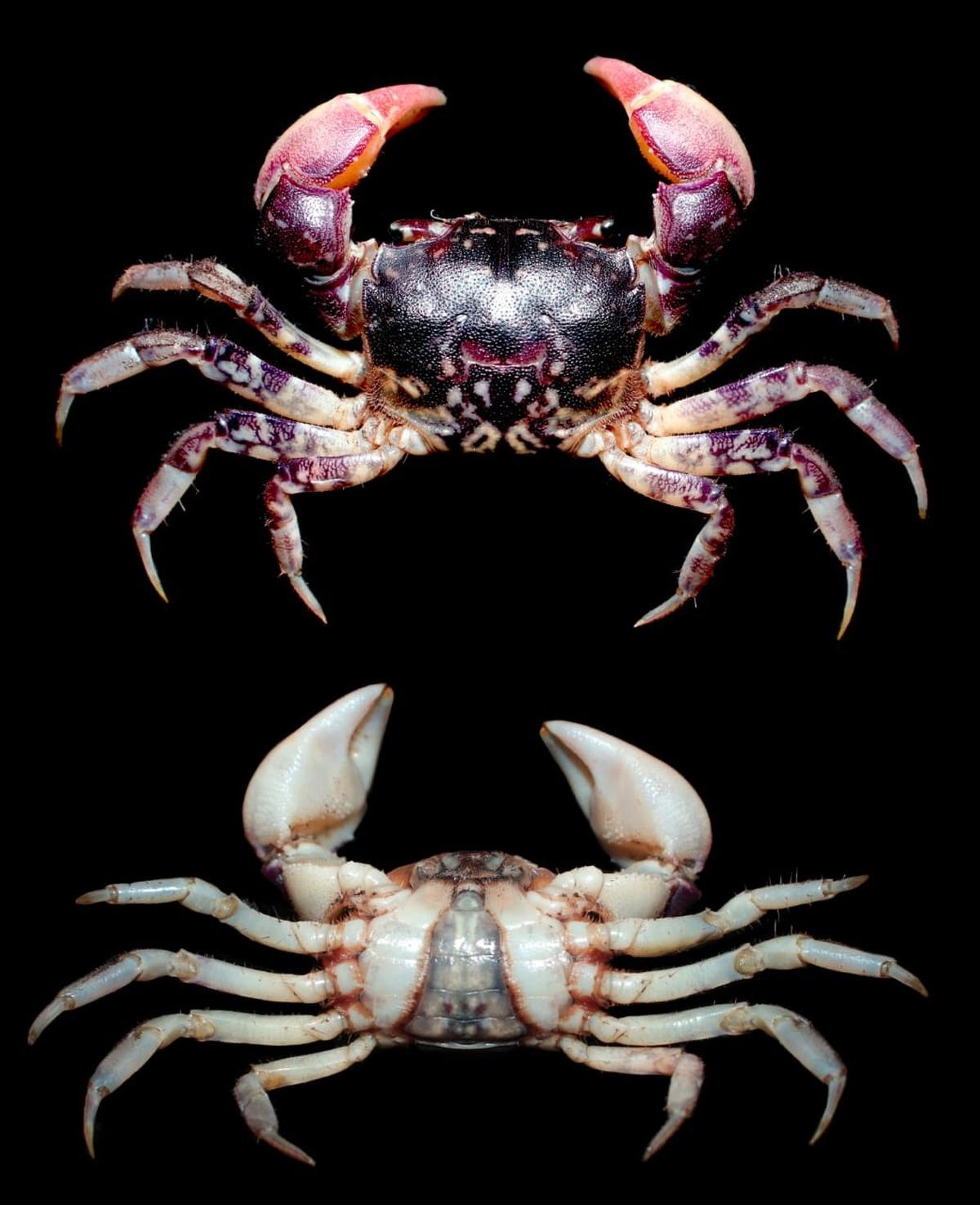Important Facts For Prelims
New Species of Estuarine Crab
- 09 Nov 2022
- 2 min read
Why in News?
Recently, researchers have discovered a new species of Estuarine Crab at the Mangroves of Parangipettai near the Vellar River estuary (an area where river meets the ocean) in Cuddalore district, Tamil Nadu.
- The species has been named ‘Pseudohelice Annamalai’ in recognition of Annamalai University’s 100 years of service in education and research.
What are the Key Facts about Pseudohelice Annamalai?
- About:
- This is the first ever record of this genus, Pseudohelice, collected from high intertidal areas in front of the Centre of Advanced Study (CAS).
- Till date, only two species, namely “Pseudohelice Subquadrata” and “Pseudohelice Latreilli” have been confirmed within this genus.
- This is the first ever record of this genus, Pseudohelice, collected from high intertidal areas in front of the Centre of Advanced Study (CAS).
- Geography:
- The species discovered is distributed around the Indian subcontinent and the eastern Indian Ocean.
- Features:
- Pseudohelice annamalai is distinguished by dark purple to dark grey colouring, with irregular light brown, yellowish brown, or white patches on the posterior carapace with light brown chelipeds.
- The new species is small and has a maximum width of up to 20 mm.
- This species is not aggressive and can move fast like other intertidal crabs.
- Habitat:
- The species inhabits muddy banks of mangroves, and the burrows were located near the pneumatophores of Avicennia mangroves.
- Burrows have a depth of 25-30 cm and are branched, with larger pellets around the entrance.
- Significance:
- The occurrence of Pseudohelice in India links the distribution gap between the western Indian Ocean and the western Pacific Ocean.
- The new species provides additional evidence of the geographic isolation of the eastern Indian Ocean for some marine organisms





